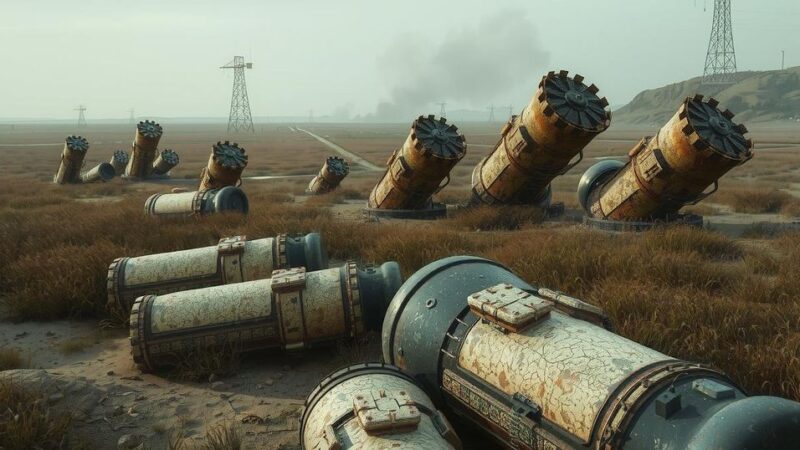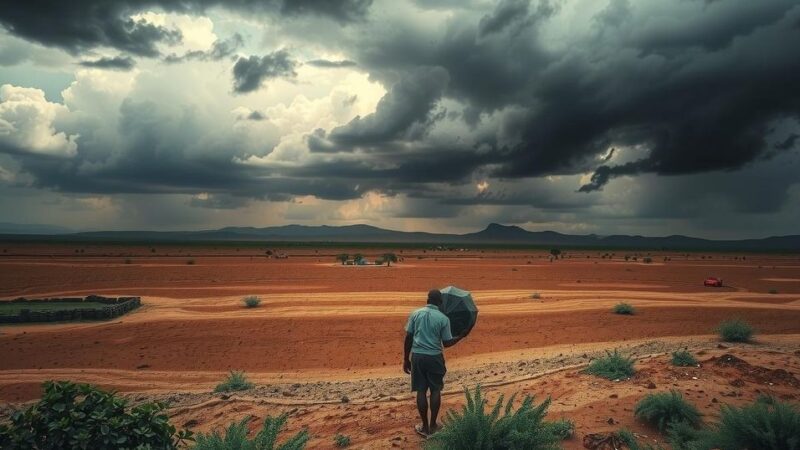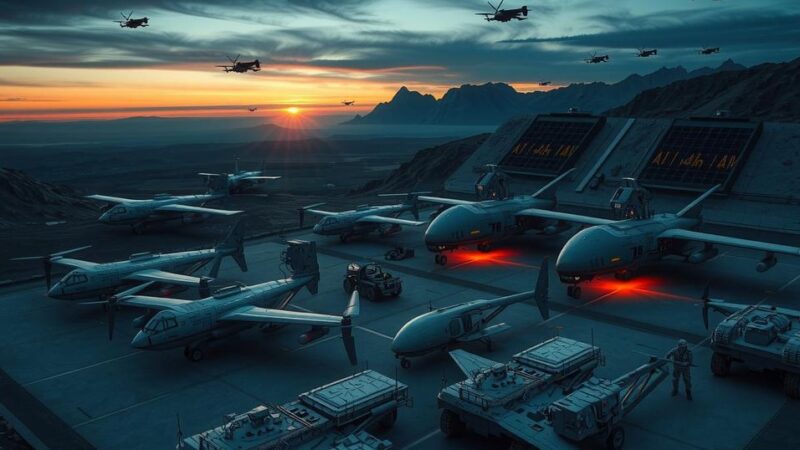The U.S. and Israel are exploring Syria, Sudan, Somalia, and Somaliland as potential relocation sites for Gazans amidst opposition from several Arab countries. President Trump’s controversial plan to evacuate Gaza faces significant rejection, especially from Sudan and Somalia, while Somaliland emerges as a complex but potentially intriguing option. Relations among these nations and Israel remain fraught with challenges.
The search for alternative locations for the population of Gaza continues as the United States and Israel contemplate settling Gazans in Syria, Sudan, Somalia, and Somaliland. This decision follows President Donald Trump’s controversial plans to manage the Gaza Strip, despite significant opposition from Arab states. With a Gazan population of approximately 2 million, the feasibility of these options remains uncertain, with initial reactions suggesting widespread rejection of the proposal.
Last month, President Trump indicated his intention to ‘take over’ Gaza to reconstruct it while relocating its inhabitants to a more desirable location. He anticipated that, post-evacuation, the Gazans would prefer not to return. Nevertheless, major Arab nations have strongly opposed these assertions, indicating they would not entertain the relocation of Gazans.
Relations between Israel and the possible recipient countries are intricate. Notably, CBS News referenced attempts by the Trump administration to communicate with the new Syrian government. President Ahmad al-Shara, previously designated a terrorist by the U.S., condemned Trump’s evacuation plan, labeling it a grave crime destined to fail. However, a senior Syrian official denied knowledge of such communications.
In parallel, Israel has maintained a critical stance toward Syria since the latter’s government was formed. Despite this, Syria may seek relief from international sanctions, which could open avenues for concessions in exchange for aid. Concurrently, discussions with Sudan and Somalia have also been reported regarding the relocation of Gazans, although responses have been unfavorable.
Sudanese military leader Gen. Abdel-Fattah Burhan emphatically rejected the notion of relocating Palestinians, asserting that Sudan would not support such a transfer under any pretext. Although the U.S. proposed military assistance and reconstruction, these offers were swiftly declined by Sudanese authorities.
Somalia’s position remains equally firm, as it has historically backed the Palestinian cause. Somali Ambassador to the U.S., Dahir Hassan, stated that neither the U.S. administration nor Israeli authorities had engaged with Somalia concerning relocation plans.
Amid these discussions, Somaliland emerges as a potentially viable option. Though unrecognized by the majority, Somaliland has proven stability since its 1991 declaration of independence from Somalia. Its strategic position in the Gulf of Aden and established relations with the UAE, a nation allied with Israel, adds complexity to the situation. Reports previously indicated that Israel considered establishing a military base in Somaliland to counter regional threats.
An American official noted ongoing discreet dialogues with Somaliland regarding the possibility of U.S. recognition in exchange for assistance in various sectors. This situation underscores the intertwined nature of geopolitical, humanitarian, and strategic considerations influencing the potential relocation of Gaza’s population.
This exploration of relocation options for Gaza’s population by the U.S. and Israel faces substantial resistance from the potential receiving countries. Despite Trump’s ambitious plans, significant hurdles remain, including strong opposition from Arab states, internal conflicts within Sudan, and the historical stance of Somalia. Additionally, the strategic proposition of Somaliland highlights the complex interplay of international relations and humanitarian concerns surrounding Gaza.
Original Source: allisrael.com






